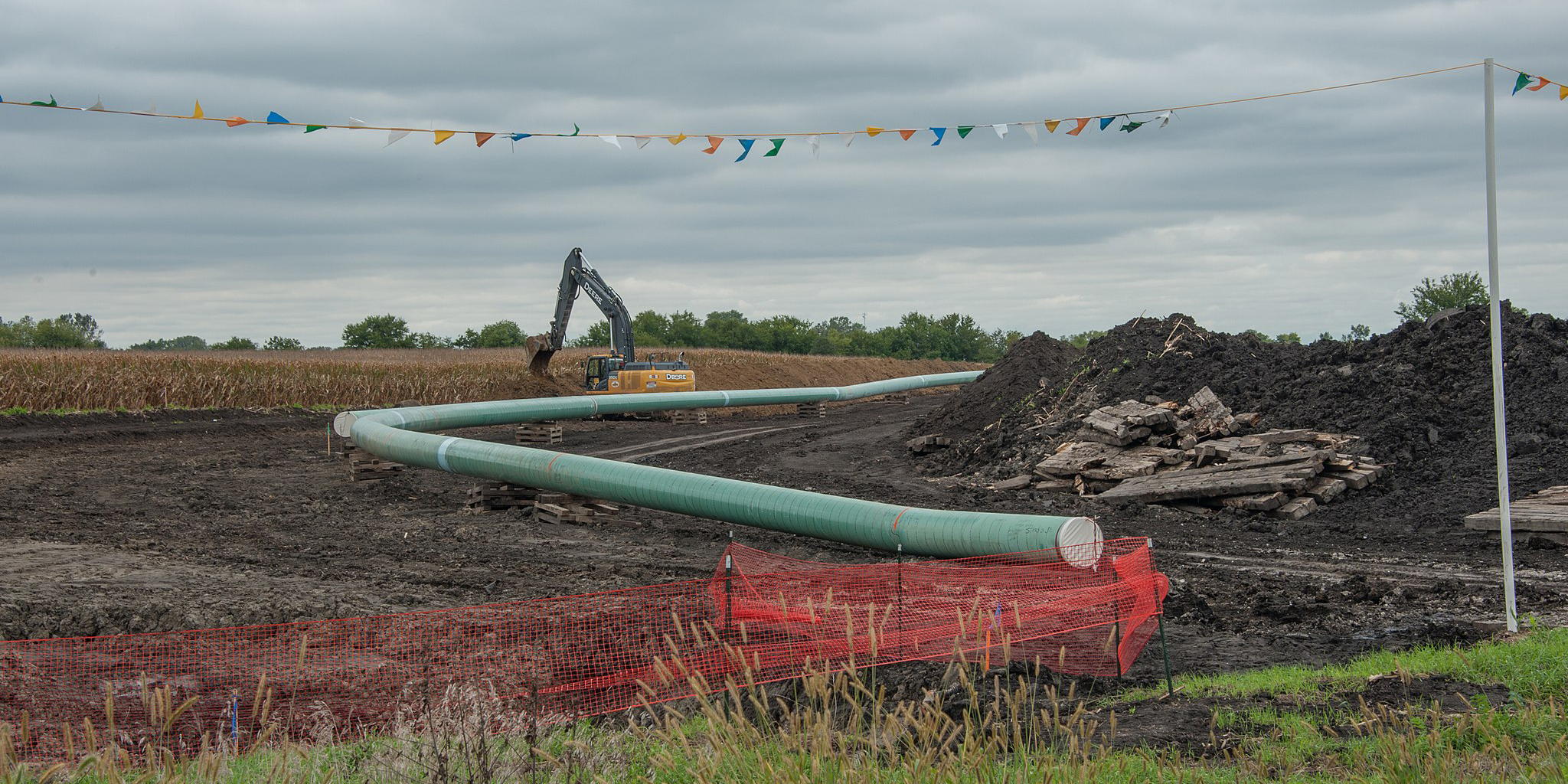3. The Petro-Biennial Complex

THE PETRO-BIENNIAL COMPLEX
Organized by SCCP
Funding provided by Temple Hoyt Buell Center for the Study of American Architecture and CAB
6pm, 14 November 2019, Common Ground, Chicago Cultural Center.
A Roundtable Discussion on Petro-Colonialism, Petro-Capitalism, Petro-Philanthropy, Petro-Culture, and Indigenous Resistance and Futurity
Growing concerns about impending environmental collapse have prompted increased attention to Indigenous relationships with the land and its multiple systems. These relationships stand in stark contrast to the extraction of resources from Indigenous lands which has been a constitutive component of settler colonialism. The first waves of resource extraction—the desire for precious metals, valued animal pelts, agricultural products, and land to cultivate large crops of grain and herd cattle—have given way to the privatization of water, ongoing mining of natural and mineral resources, and in particular, the demand for oil. Oil extraction and transportation has compromised Indigenous land, sustenance, and life itself from the Amazon jungle to Standing Rock, North Dakota. At the same time, this capital is transformed into philanthropy by funding this and other cultural events. Biennials and museums are supported by compromised wealth, yet cultural agents operating within their sponsorship seek to promote the very stories that reveal these relationships and their complicities. Ultimately, most major cultural sponsors have a colonialist dimension. In this landscape, how can cultural agents operate while still maintaining a critical discourse?
PARTICIPANTS
Elsa Hoover (First Nations Anishinaabe/White), writer, mapmaker, M.Arch. Student, Harvard Graduate School of Design
Paulo Tavares, curator, "...And Other Such Stories," 2019 Chicago Architecture Biennial
Todd Palmer, Executive Director, Chicago Architecture Biennial
Nitasha Dhillon and Amin Husein, Decolonize This Place
Fawn Pochel (First Nations Oji-Cree), Education Coordinator, American Indian Center, Chicago
Moderated by Andrew Herscher and Ana María León, Settler Colonial City Project
Read SCCP’s publication on the Petro-Biennial Complex here.
IMAGE: Dakota Access Pipeline being built in Central Iowa. Carl Wycoff, Nevada USA (CC-BY-2.0). Image has been cropped.